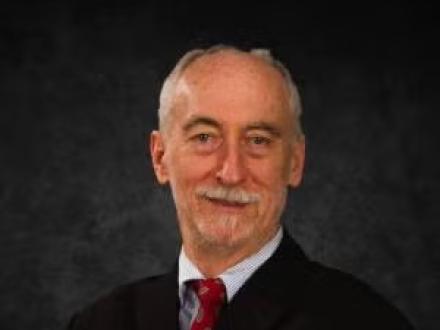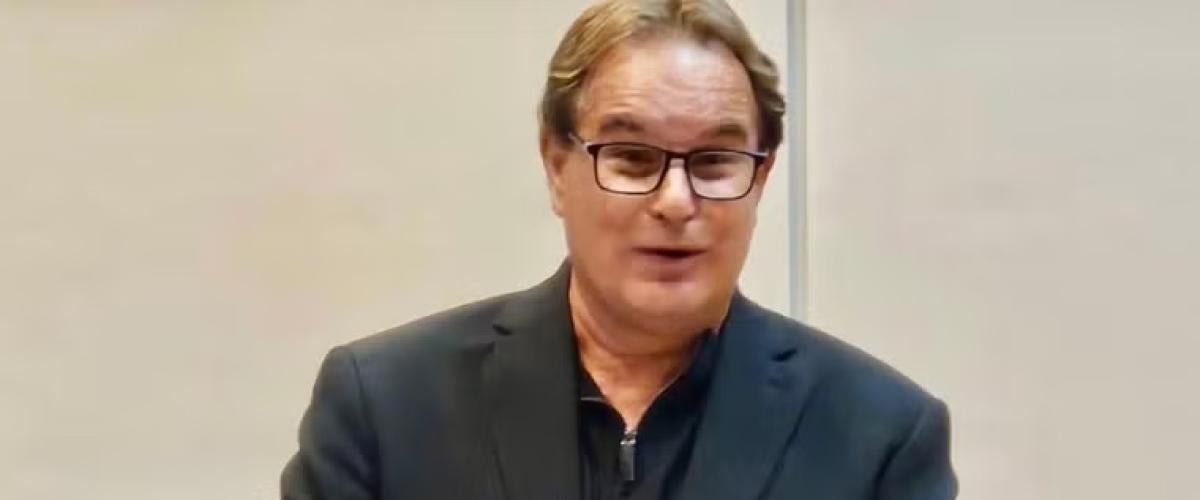Weatherhead School of Management has announced the renaming of its Master of Science in Positive Organization Development (MPOD) program to the Master of Leadership and Organizational Change (MLOC). The change broadens the focus from organizational development to leadership development.
The transition reflects a broader vision, emphasizing leadership development beyond organizational development professionals.
Following market research and alumni feedback, the program was reimagined to align with the evolving needs of leaders in a rapidly changing, complex world. MLOC balances economic well-being, social responsibility and environmental sustainability, while maintaining its foundation in appreciative inquiry, emotionally intelligent leadership and organizational transformation.
Frank J. Barrett, PhD, and faculty director, Master of Leadership and Organizational Change, said the name change reflects Weatherhead’s commitment to developing leaders who inspire and cultivate leadership in others.
“Through conversations with alumni, we recognized the need for a name that truly represents our mission—equipping professionals with the skills to drive meaningful organizational change while balancing economic well-being, social responsibility, and environmental sustainability,” he said. “MLOC continues our tradition of cutting-edge, experiential learning, preparing leaders to navigate complexity and foster positive transformation in their industries and communities.”
MLOC is now a four-semester program with a blend of virtual learning, experiential application, and faculty mentorship. Students engage in real-world change projects, culminating in a capstone intervention guided by a faculty advisor. The program includes two required in-person residencies—one in Cleveland and another at an international site—plus an optional third week for community engagement.
Geared toward professionals in technology, engineering, and medicine, MLOC equips emerging leaders with the human-centered skills necessary to drive meaningful change in their organizations and communities.
“We develop leaders who develop leaders,” said Barrett.



